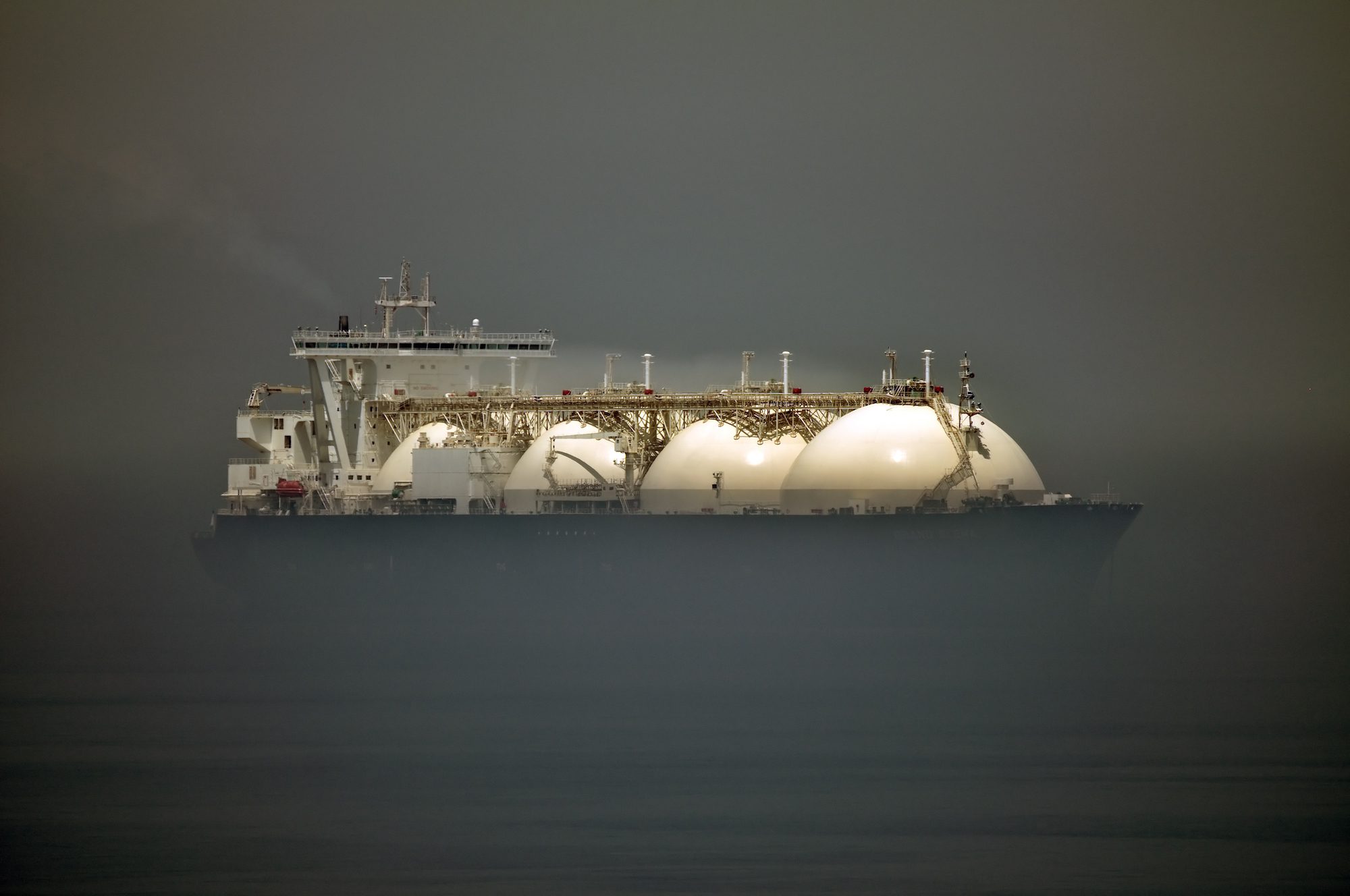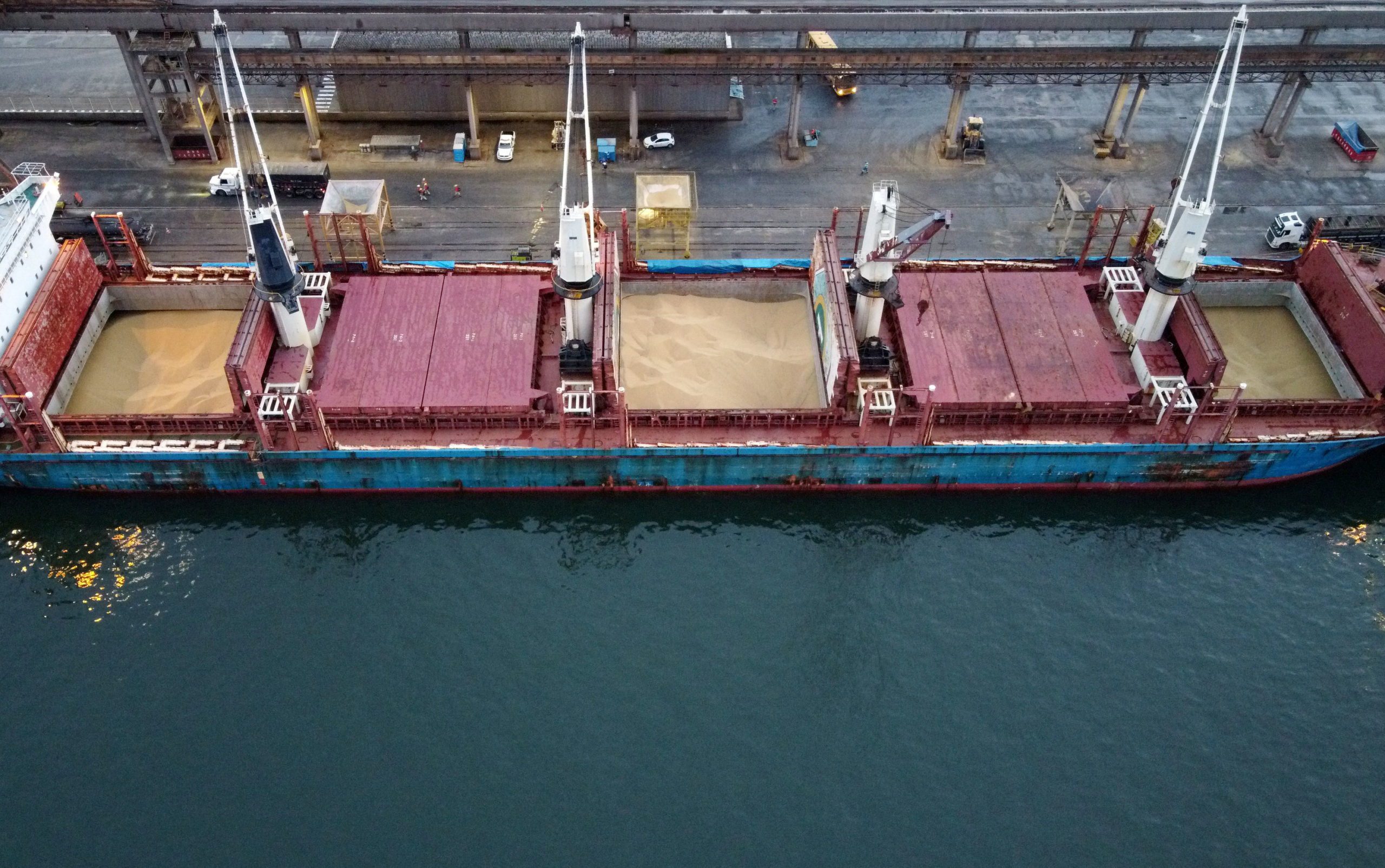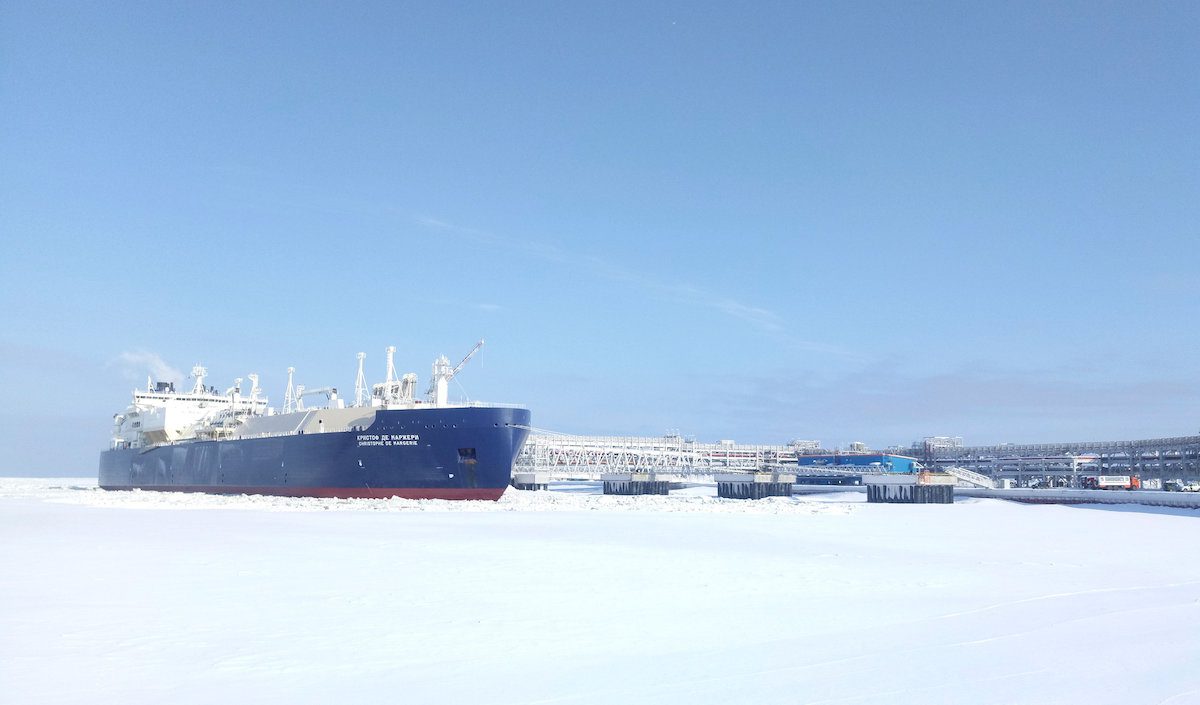By Alex Longley and Áine Quinn (Bloomberg) —
Some ship insurers are starting to avoid covering US and UK merchant ships against war risks when they navigate the southern Red Sea, another sign of blowback since the two nations’ airstrikes on Yemen last week.
Houthi militants have stepped up attacks on commercial ships in the past few days, making good on a threat to respond to airstrikes that the US and UK carried out on Friday. They’ve struck two commodity carriers with missiles since Monday, although both were able to continue their voyages.
As a result, underwriters are seeking exclusions for vessels with links to the US, UK and Israel when issuing cover for trips through the area, according to Marcus Baker, global head of marine and cargo at Marsh. It essentially means they won’t provide insurance.
“Underwriters are adding clauses saying no US, UK or Israeli involvement,” he said. “Just about everybody is putting something like that in, and many include the words ‘ownership’ or ‘interest’.”
It’s the latest development showing the fragile security situation in the southern Red Sea, where western naval forces have warned that it’s unsafe for merchant shipping to pass.
On Tuesday, the Greek-owned commodity carrier Zografia was hit by a missile while sailing in the south of the waterway. A day earlier, a US-owned bulk freighter called the Gibraltar Eagle was struck.
Swaths the world’s top owners are pausing voyages in the area, although many are continuing to do so.
Yemen’s Houthis said that US and UK ships were legitimate targets for attack, after the two nations launched their barrage of airstrikes.
British oil major Shell Plc halted tanker transits through the region, according to the Wall Street Journal. Japanese shipping giant Mitsui OSK Lines Ltd., with a fleet of about 800 vessels, also halted transits, a spokesperson said Tuesday.
The insurance exclusions run the risk of creating problems because of their breadth.
While ownership is a relatively straightforward term, “interest” can be interpreted more widely, Marsh’s Baker said. It could span more tangential factors like charterers or previous port visits.
While attacks have been frequent, there is yet to be a missile strike that has prevented a ship from carrying on its journey.
Many vessels are suffering damage to cargo holds, or superficial damage, rather than more destructive impacts, meaning insurers are continuing to provide cover for many vessels sailing through the Bab el-Mandeb.
But risks for the wider shipping industry ares evident.
While Monday’s ship involved a US-owned vessel, it’s unclear why the Greek-owned carrier was hit on Tuesday. In the past, some ships — notably two carrying Russian oil — appear to have been targeted in error.
War risk rates have gone into a frenzy in recent days following the US and UK strikes, with cover surging to 1% of a ship’s value from about a tenth of that a few weeks earlier. That would mean it costs about $1 million to cover a vessel worth $100 million.
© 2024 Bloomberg L.P.

 Join The Club
Join The Club










